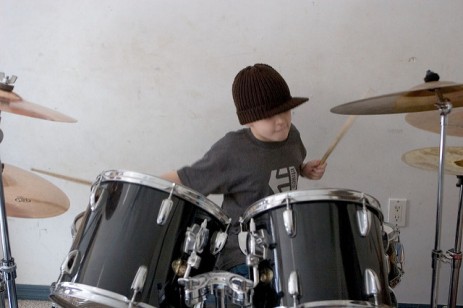‘Finish SFHEA application’ has been one of my annual objectives for at least the last three years. I have now very nearly finished it and am pretty confident I will get it submitted by the next deadline for the OU scheme in January. In my 6k words of case, I have ended up making quite a lot of reference to entries in this blog ‘as evidence of my reflective approach to my pedagogic practice’ so it seemed appropriate to reflect in this entry on why it has taken me so damn long.
Like most people, I have tasks I procrastinate on but this is a really long procrastination for me. It’s also not the kind of task I usually procrastinate on – those are usually things I am scared I can’t really do, whereas I really am pretty confident that I deserve to be a SF of the HEA. Although putting it in writing like this feels horribly fate-tempting. And is not to say that I’ve got the case right yet, dear reader, if you are one of my reviewers. Of course I’ve had lots of competing demands on my time and things that felt (and undoubtedly were) more important than this, but really, in 3 years I couldn’t have found the approximately 10 days it has taken me to finally get there?!
So what has made it so difficult? One initial difficulty was that it felt a bit like applying for a job or a promotion in that it seemed to require the same kind of blowing-your-own-trumpet that is so uncomfortable for many British people and people-raised-as-women especially.

This included feeling that I was claiming credit for things that had actually been a team effort. My first draft was pages and pages of ‘I did this and here is the evidence that it was GREAT!’ and writing it was a really uncomfortable and drawn-out experience. And also quite discouraging because for some of the things I was writing about there wasn’t very good evidence that it was GREAT because it’s a complex system with many co-dependencies and a lot of my work as a Qualifications Lead is very slow burn. It helped when I realised that actually ‘I did this and it was GREAT’ was not what was required. Rather (I think), it needs ‘I did this because [reasons] and it led to [changes] which I evaluated [like this] and which has [these implications] for what we should do next’. That reframing of the task enabled me to access first a reflective voice and then a critical one, both of which come much more naturally to me than the ‘banging my own drum’ one.

Another conceptual difficulty I experienced was the issue of drawing on the academic literature, because it felt like cheating. I don’t read pedagogic primary literature that often, so it felt as if I was retrofitting the academic literature on to decisions I had made for other reasons. Two things helped me deal with that. One, appropriately enough, was Wenger-Trayner’s notion of the community of practice and recognising that, while I don’t myself read the primary pedagogic literature that much, I am a fish swimming in a sea of pedagogic literature because the OU cares so much about teaching. I’ve gone to countless seminars and workshops on pedagogic issues, I read briefings and reports from primary researchers the whole time, I line manage people who undertake scholarship projects (and do the odd one myself) and I have conversations with colleagues in the corridors and during meetings about the best ways to teach things the whole time. So I am actually drawing on the pedagogic literature the whole time, just not always directly.

The other thing that helped with this, also appropriately enough given that some of my case reflects on the 14 years I’ve been teaching at the OU, was thinking about some of the concepts I included in the first materials I ever developed, for K101 back in 2005. I wrote a section about evidence-based practice and explored some of the debates about whether ‘evidence’ just means academic studies or whether it also includes the knowledge of expert practitioners and service users. I’ve always been of the opinion that it has to include both (in critical dialogue with one another) but I realised that I’d been privileging the academic literature over my own, colleagues’ and students’ expert knowledges. That enabled me to reconceptualise what I am doing by citing the literature as tracing back the academic genealogy of an idea, rather than falsely claiming to have made this decision because the literature told me to (which anyway, would be a terrible way to proceed because you can hardly ever move straight from ‘the literature’ to ‘what you should do’ in this kind of complex world).
So there you are, some reflections on the process, which I will now link to in my case, to complete the self-referential circle. If nothing else, this should ensure I really do get the damn things submitted soon because how embarrassing would that be?!

Great post — you are so right about moving from the ‘I did this and it was GREAT’ to the critical/reflective story. Why do we start off thinking it’s the first one that’s required?
Comment by runtezza — 3rd December 2018 @ 18:08 |